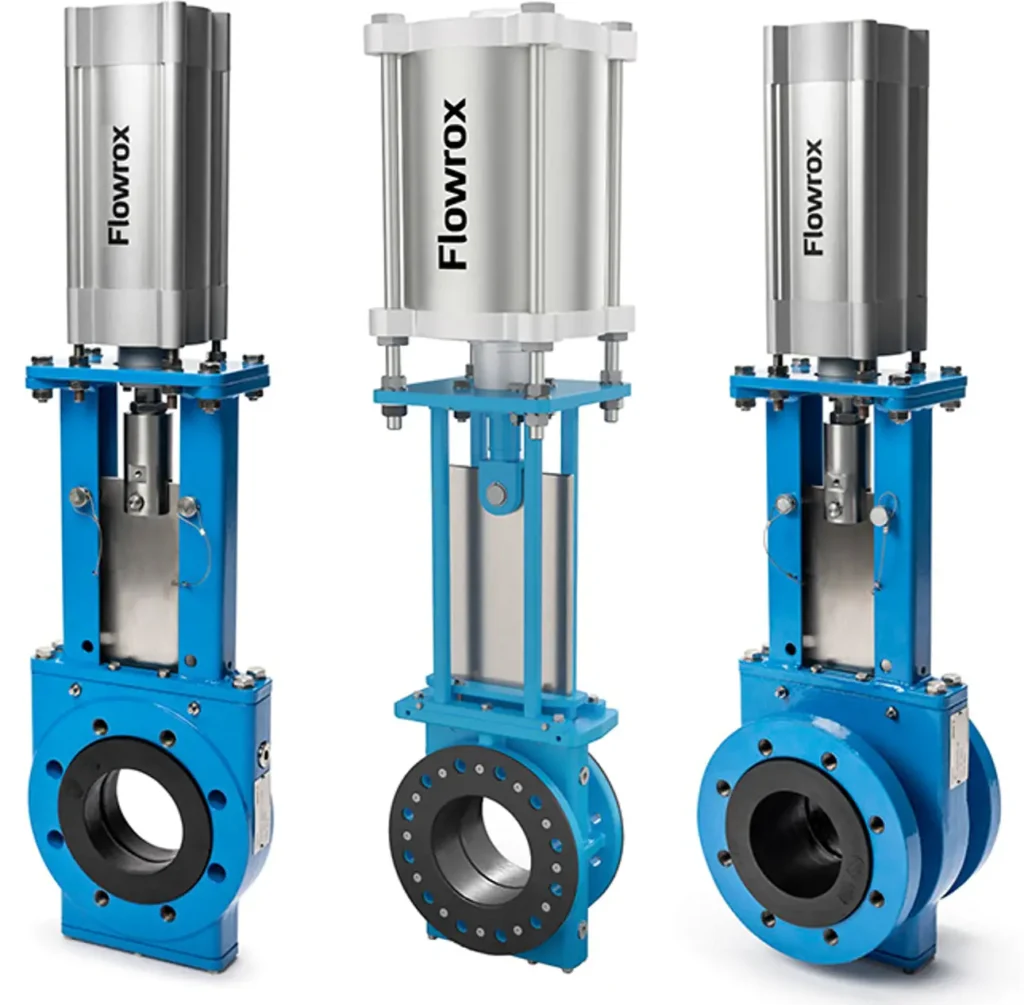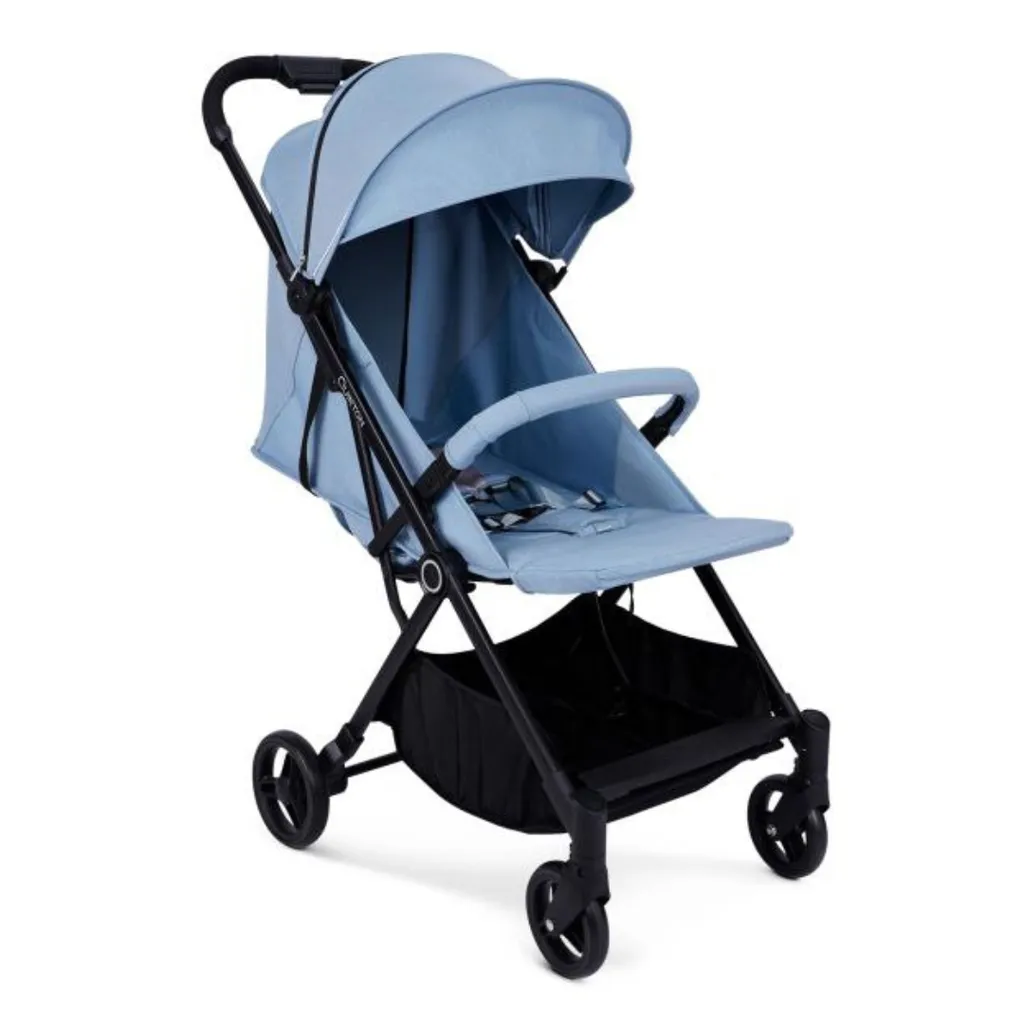Knife gate valves are widely used in industries that handle slurry, viscous fluids, and other challenging media. These valves are valued for their ability to cut through thick flow and maintain smooth operation. Their simple construction and long-lasting design make them an efficient choice for industries aiming to reduce maintenance needs and control costs. As industries strive for operational efficiency, choosing the right type of valve plays a vital role. Knife gate valves meet this requirement by offering low-cost installation, minimal upkeep, and reliable performance under harsh conditions.
Simple Design Reduces Costs
Knife gate valves are constructed with minimal moving parts. This straightforward design brings many cost-saving benefits:
- Lower manufacturing and installation costs
- Fewer chances of mechanical failure
- Easier repair and part replacement
Because of their uncomplicated structure, these valves can be installed without specialized tools or complex procedures. This directly reduces labor time and setup expenses.
Durable Materials Ensure Long Life
These valves are typically built from robust materials such as stainless steel or cast iron. This strength allows them to handle abrasive or corrosive materials effectively.

- Longer service life reduces replacement frequency
- Resistant to wear and corrosion
- Operates reliably in harsh conditions
Their durability also means fewer breakdowns, which reduces downtime and ensures continuous operations in industries like wastewater treatment, mining, and pulp and paper processing.
Efficient Flow Control
Vincer Valve is designed to provide full flow with minimal pressure drop when open. The sharp-edged gate can cut through media, including thick slurries and semi-solids, without clogging.
- Supports efficient media handling
- Improves overall process flow
- Reduces energy consumption due to lower resistance
This level of control ensures processes remain steady, which is crucial for maintaining product quality and meeting production targets.
Minimal Maintenance Requirements
Another advantage is their low maintenance nature. With few moving parts and a strong frame, these valves need less attention over time.
- Fewer maintenance checks needed
- Easy to clean and inspect
- Less downtime due to maintenance
In industries where continuous operation is critical, reduced maintenance means less disruption and better productivity.
Application Versatility
The knife gate valve is adaptable and available in various sizes and configurations. They suit a wide range of industrial settings, including:
- Chemical processing
- Food and beverage
- Power generation
Their adaptability allows facility operators to standardize valve types across systems, simplifying inventory and spare part management.
Conclusion
Knife gate valves are a cost-effective choice due to their simple structure and durable design. They offer significant savings in installation, maintenance, and operation. Their reliability and efficiency in challenging environments make them a dependable option for industries focused on reducing costs while maintaining high performance. With strong materials, minimal upkeep, and versatile usage, knife gate valves provide long-term value that supports smoother, more affordable operations.







